-

by Alan Sears Nov 4, 2013 3 min read
-
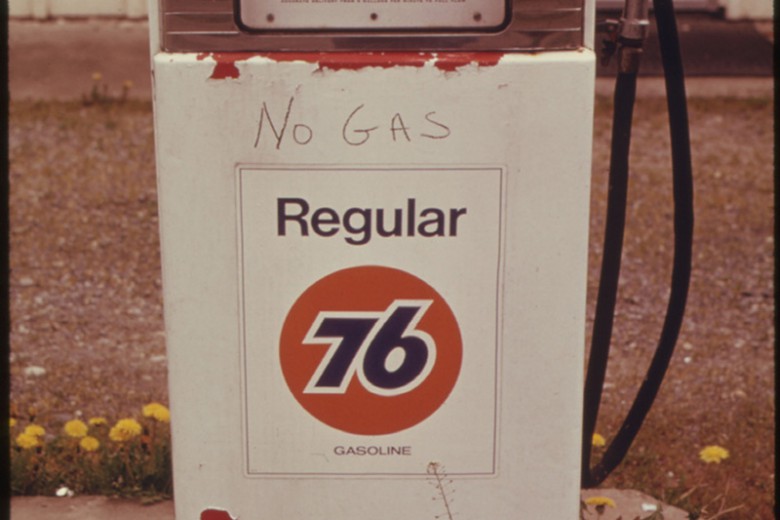
by Andrew Loewen Nov 1, 2013 3 min read
-
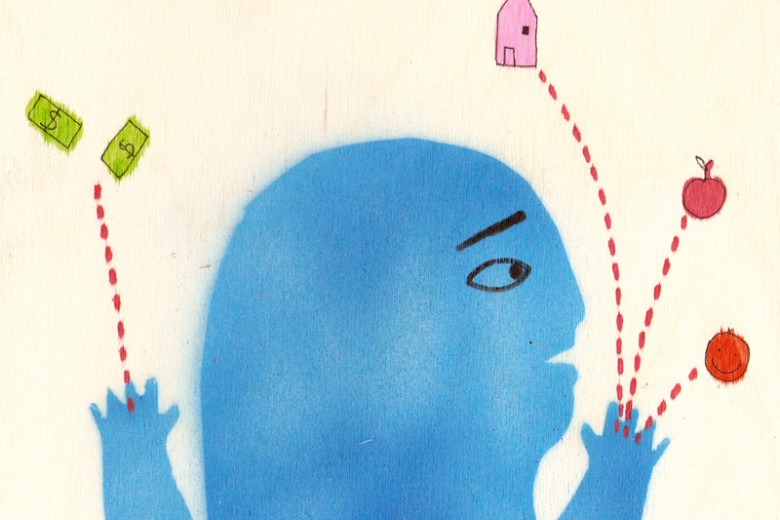
by Nicole Cohen and Greig de Peuter Nov 1, 2013 9 min read
-

by Katie Mazer Nov 1, 2013 14 min read
-
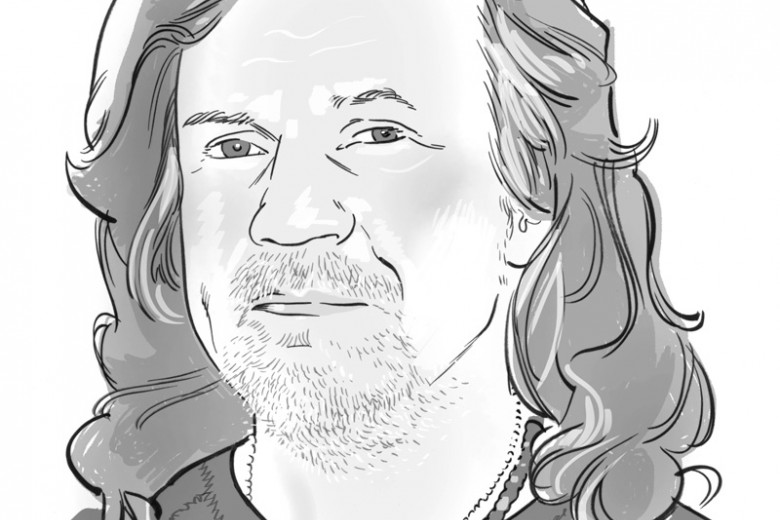
by Andrew Loewen Nov 1, 2013 17 min read
-

by Khristopher Flack Nov 1, 2013 4 min read
-

by Andrew Loewen Sep 1, 2013 4 min read
-
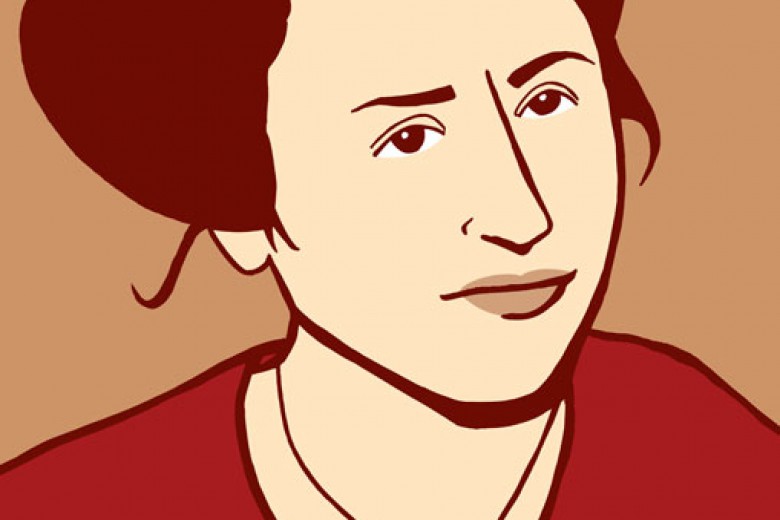
by Ingo Schmidt Sep 1, 2013 8 min read
-
by Andrew Loewen Jul 1, 2013 3 min read
-

by Dave Oswald Mitchell Jan 1, 2013 9 min read
-
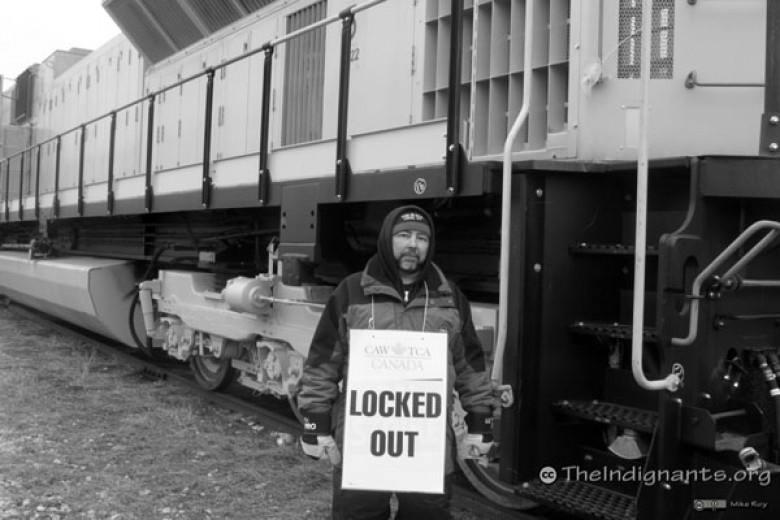
by Megan Kinch Nov 5, 2012 7 min read
-

by Student organizers in Montreal* Sep 1, 2012 13 min read
-
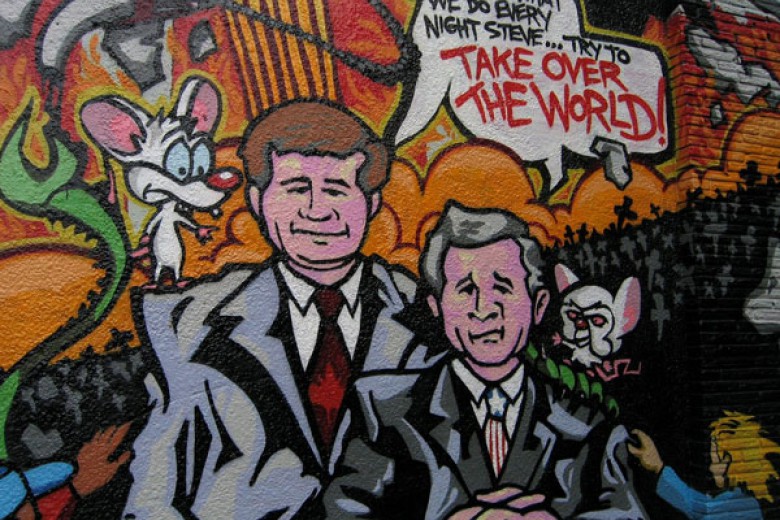
by Nikolas Barry-Shaw and Dru Oja Jay Jul 1, 2012 11 min read
-

by André Magnan and Melanie Sommerville Feb 28, 2012 11 min read
-
1_780_520_90_s_c1.jpg)
by Shayna Stock Jan 1, 2012 3 min read
-
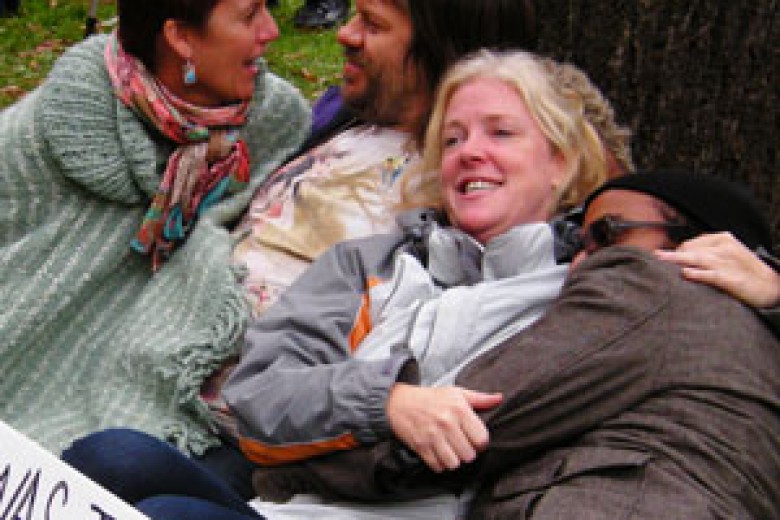
by Briarpatch Staff Jan 1, 2012 1 min read
-
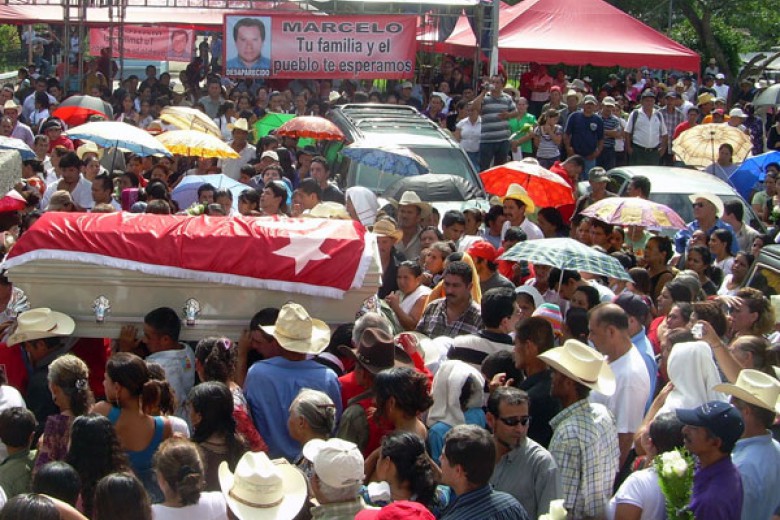
by Anonymous Jan 1, 2012 8 min read
-

by Valerie Zink Nov 1, 2011 4 min read
-
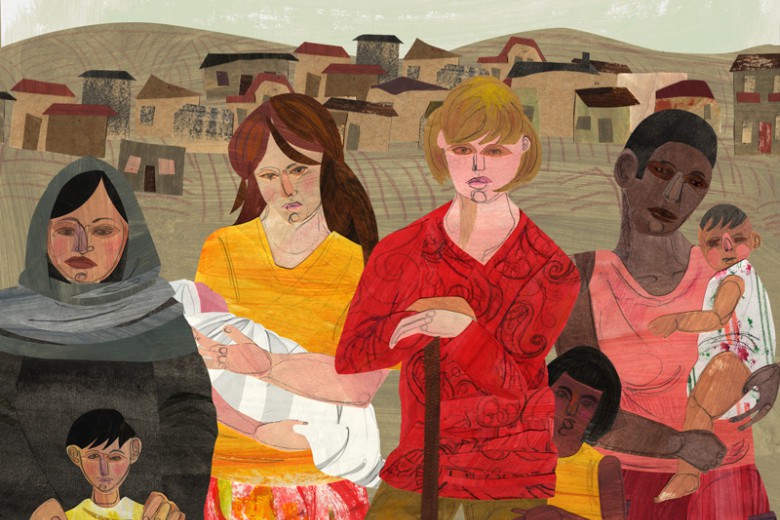
by Cynthia Dewi Oka Nov 1, 2011 5 min read
-
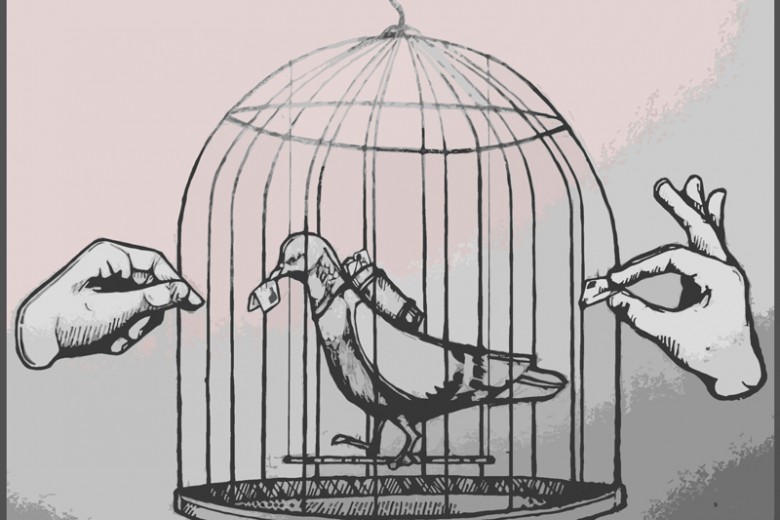
by Dave Bleakney Nov 1, 2011 9 min read













1_780_520_90_s_c1.jpg)







